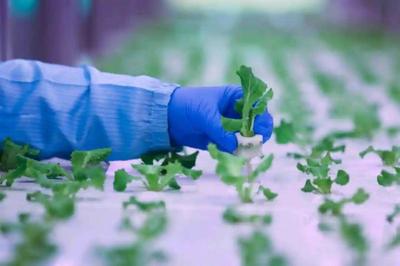How to scientifically and reasonably use agricultural chemicals
FAQ 2025-03-25
The scientific and rational use of agricultural chemicals is crucial for ensuring crop health, maximizing yields, and protecting the environment. Here are some key points on how to achieve this:
Understanding Crop Needs:
Conduct soil tests regularly to determine the nutrient levels and pH of the soil.
Based on soil test results and crop requirements, apply the necessary agricultural chemicals in appropriate quantities.
Balanced Fertilization:
Apply chemical fertilizers at the right time and in the right amount, avoiding excessive or insufficient application.
Use a combination of inorganic (chemical) and organic fertilizers to maintain soil health and fertility.
Practice crop rotation to prevent nutrient depletion and soil degradation.
Pesticide Management:
Choose pesticides based on the specific pests and diseases affecting the crops.
Rotate pesticides with different modes of action to prevent the development of pesticide resistance.
Follow the recommended dosage and application guidelines to minimize environmental impact.
Precision Agriculture:
Utilize precision agriculture technologies, such as soil sensors and nutrient management software, to optimize fertilizer and pesticide application.
These technologies help in precise targeting of chemicals, reducing waste and environmental contamination.
Environmental Considerations:
Be aware of the potential environmental impacts of agricultural chemicals, including water pollution and soil degradation.
Take measures to prevent chemical runoff and leaching into water bodies.
Protect aquatic ecosystems by avoiding the application of chemicals near water sources.
Safety Precautions:
Wear protective gear when handling agricultural chemicals to prevent exposure and poisoning.
Store chemicals in a safe and secure location, away from children and pets.
Dispose of empty containers and packaging properly to prevent environmental pollution.
Training and Education:
Farmers and agricultural workers should receive training on the safe and responsible use of agricultural chemicals.
Government agencies and agricultural extension services should provide information and guidance on best practices for chemical use.
Compliance with Regulations:
Follow national and international regulations regarding the use of agricultural chemicals.
Avoid the use of banned or restricted chemicals to comply with legal requirements and protect human health and the environment.
In conclusion, the scientific and rational use of agricultural chemicals involves a combination of soil testing, balanced fertilization, precision agriculture, environmental considerations, safety precautions, training and education, and compliance with regulations. By following these practices, farmers can maximize crop yields while protecting the environment and ensuring the long-term sustainability of agriculture.



